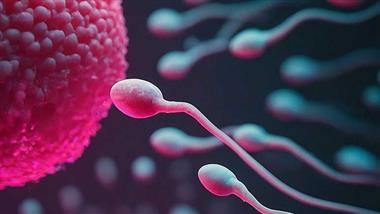
"Sperm health is emerging as one of the clearest indicators of human well-being. Around the world, men are producing fewer, weaker, and less motile sperm than their fathers or grandfathers did - a change that signals far more than just fertility trouble. Declining sperm quality reflects the body's deeper struggle with oxidative stress, inflammation, and environmental overload. It's a quiet warning that modern lifestyles are damaging the very systems that sustain life and vitality."
"Among the most concerning culprits are agricultural pesticides, now present in nearly every corner of the food supply. Even though certain household uses were banned decades ago, organophosphate residues remain on many common fruits and vegetables. Each bite introduces a low dose of neurotoxic chemicals that your body needs to process and store, and over time these exposures accumulate. For men, that buildup affects not just sperm count, but the underlying cellular machinery responsible for energy and repair."
Sperm quality has declined across generations, showing lower count, weaker structure, and reduced motility. Declining sperm quality indicates systemic oxidative stress, inflammation, and environmental overload affecting cellular energy and repair mechanisms. Agricultural pesticides, including persistent organophosphate residues on many fruits and vegetables, provide pervasive low-dose neurotoxic exposure via the food supply. Repeated dietary intake causes accumulation of these chemicals in the body, damaging mitochondrial function and the cellular machinery that supports sperm production and repair. These effects occur even without heavy occupational exposure, affecting men living ordinary lives and consuming standard diets. Recognizing how pesticides disrupt sperm production enables targeted prevention strategies to protect reproductive health, improve mitochondrial energy, and safeguard fertility.
Read at Natural Health News
Unable to calculate read time
Collection
[
|
...
]